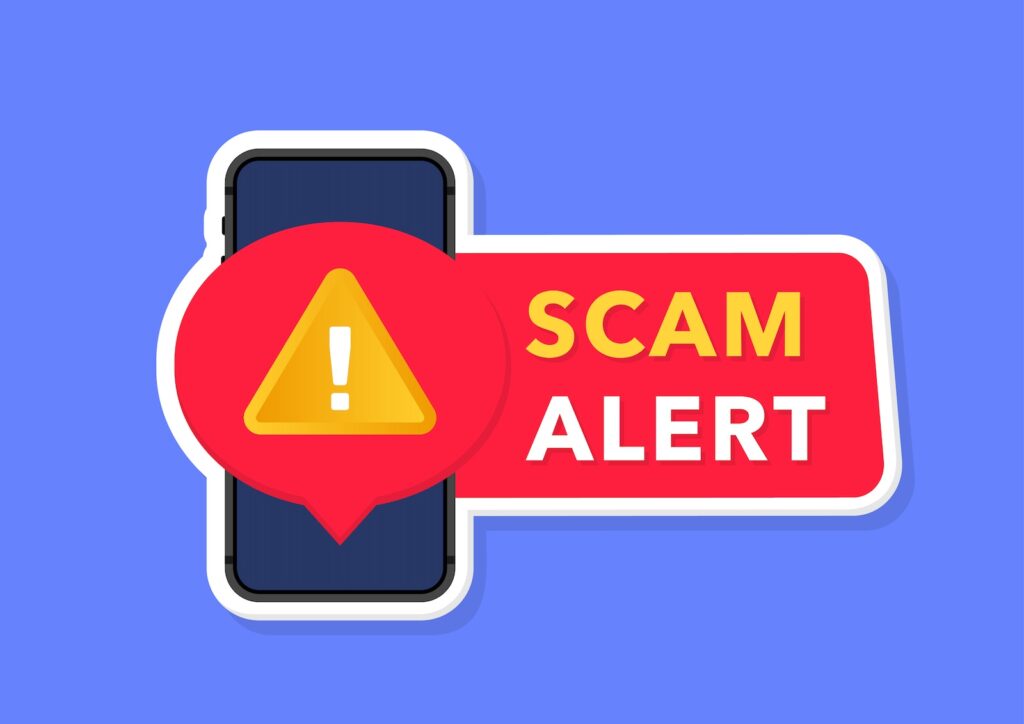**Beware of Fake Invoices: How Scammers Are Mimicking Real Businesses to Steal Your Money**
In a world where emails and online transactions are part of our daily lives, scammers are finding new ways to trick people and steal their money. A recent warning highlights a concerning trend where fraudsters pretend to be legitimate businesses, sending out fake invoices to unsuspecting customers. This scam is particularly sneaky because the invoices appear to come from companies the victims already know and trust.
Imagine you’re waiting for an invoice from a service you recently used, like a utility company or a contractor. Then, an email pops up in your inbox that looks exactly like what you were expecting. However, there’s a twist. The bank account details on the invoice are not for the real business but for the scammer’s account. If you don’t catch the deception, you might end up sending your hard-earned money directly to the fraudsters.
These scams are sophisticated. Scammers are getting better at making their fake invoices look incredibly real, mimicking the email addresses, logos, and formatting of genuine companies. It’s all part of their plan to trick you into thinking everything is business as usual. The reality is, they’ve just put a lot of effort into stealing your money.
So, what can you do to protect yourself from falling victim to these deceptive tactics? First and foremost, always approach invoices and requests for payments with a healthy dose of skepticism. If you receive an invoice, especially via email, take a moment to verify its authenticity. This might mean contacting the company directly using a phone number or email address you find independently, not the contact details provided on the suspicious invoice.
Additionally, it’s crucial to keep an eye out for any warning signs that something might be off. For instance, if the payment details have suddenly changed, or if the email has subtle differences from what you’re used to seeing from the company, these could be red flags.
Awareness is key to protecting yourself and your money. By knowing that these scams exist and understanding how they work, you can take proactive steps to verify any invoices or payment requests you receive. Always remember, if something seems too odd or too good to be true, it’s better to pause and check than to rush and regret.
Scammers are always coming up with new ways to trick people, but by staying informed and cautious, you can outsmart their deceitful tactics. Keep your wits about you, and don’t let these impostors get away with your money.

